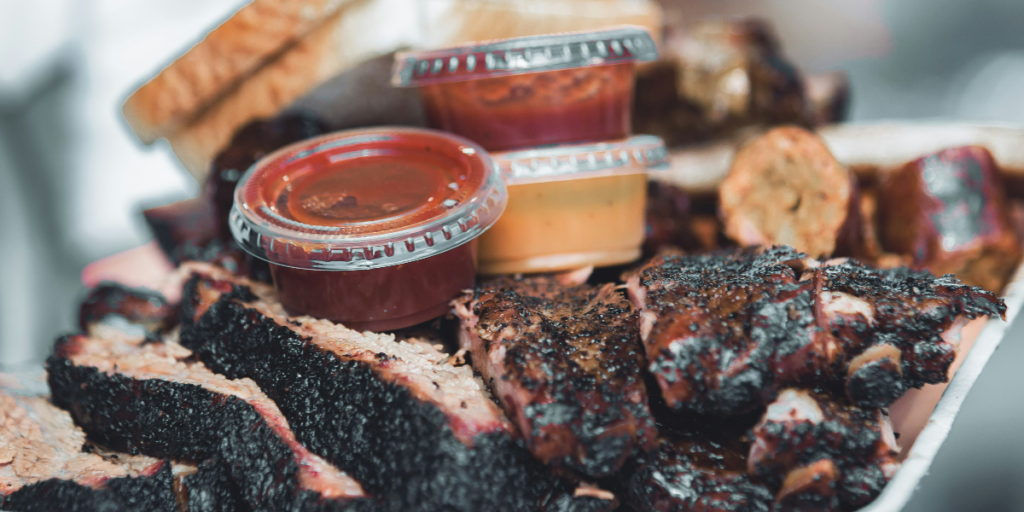In recent years, there has been a growing emphasis on integrating diet with fitness routines to achieve optimal health and fitness results. While exercise is crucial for building strength, endurance, and improving overall well-being, what you eat plays an equally significant role in maximizing those benefits. This growing awareness has led people to seek out diet plans that complement their workout routines. But how can you effectively combine the right nutrition with your fitness goals? And what are the best practices to follow for optimal results?
How Can a Balanced Diet Complement Your Workout Routine?
A well-rounded diet plan is essential for fueling the body and providing the nutrients necessary to perform at your best during workouts. One of the key elements of diet and fitness integration is ensuring that your body is properly nourished before, during, and after exercise. This ensures that you have the energy to perform exercises at a high level, recover quickly afterward, and maintain muscle health over time.
For most individuals, a balanced diet that includes a mix of macronutrients—such as carbohydrates, proteins, and healthy fats—is essential to supporting exercise efforts. Carbohydrates are the body’s primary energy source, so it’s important to consume enough carbs before and after workouts to maintain performance. Whole grains, fruits, and vegetables provide complex carbohydrates, which supply a steady release of energy, keeping you energized during longer or more intense workouts.
Protein is crucial for muscle repair and growth, particularly after strength training or intense physical activity. Incorporating lean protein sources such as chicken, fish, tofu, or legumes can help your body repair the muscles that are broken down during exercise. This allows you to build muscle, increase strength, and recover faster.
Healthy fats, often found in foods like avocados, nuts, and olive oil, are important for overall health and can also help reduce inflammation in the body after exercise. These fats support the body’s ability to absorb essential vitamins and provide long-lasting energy for sustained physical activity.
In addition to macronutrients, micronutrients—vitamins and minerals—are also crucial for exercise performance. Nutrients such as magnesium, potassium, and calcium help maintain muscle function and support hydration. Iron is another important mineral, especially for women, as it helps transport oxygen in the blood, supporting endurance during exercise.
What Role Does Timing Play in Diet and Fitness Integration?
When it comes to diet and fitness integration, the timing of meals and snacks can significantly impact performance and recovery. Proper timing ensures that your body has the fuel it needs at the right moments throughout the day, optimizing your workouts and recovery periods.
Pre-workout meals are important for providing energy and supporting performance during exercise. A good pre-workout snack or meal should contain a balance of carbs for energy and a small amount of protein to prevent muscle breakdown during exercise. A simple example could be a banana with peanut butter or whole grain toast with avocado. These foods provide a steady release of energy and ensure you have the necessary nutrients to perform well.
After exercising, your body needs nutrients to recover and rebuild muscle. This is when post-workout nutrition becomes crucial. It’s important to consume a meal or snack containing both carbohydrates and protein within an hour of finishing your workout. A combination of protein and carbs helps replenish glycogen stores and provides the building blocks for muscle recovery. A post-workout smoothie with Greek yogurt, fruit, and protein powder can be a quick and effective way to fuel your recovery.
Hydration is also an often-overlooked part of diet and fitness integration. Staying hydrated before, during, and after your workout supports optimal performance and recovery. Water is essential for digestion, nutrient absorption, and overall energy levels. If you’re engaging in longer or more intense workouts, you might also consider adding an electrolyte drink to replenish sodium and potassium levels.
How Can a Structured Diet Plan Help Achieve Fitness Goals?
The integration of a structured diet plan with your workout routine can lead to more consistent and long-term fitness results. Having a specific plan that aligns with your fitness goals—whether you’re aiming for weight loss, muscle gain, or general health—can help you stay on track and avoid the confusion of trying to balance nutrition and exercise on your own.
For weight loss, a calorie deficit is often necessary, meaning you need to consume fewer calories than your body burns. However, even in a calorie deficit, it’s essential to ensure that you’re still getting the proper nutrients to fuel your workouts and maintain muscle mass. A diet rich in whole foods—such as lean meats, vegetables, fruits, and whole grains—can provide the necessary nutrition while keeping calorie intake in check.
For those aiming to build muscle, a calorie surplus combined with an increase in protein intake is typically recommended. A structured diet plan can help ensure that you’re eating the right amount of calories and macronutrients to support muscle growth while minimizing excess fat gain.
No matter the fitness goal, a structured diet plan works best when it is personalized to your unique needs, lifestyle, and preferences. Working with a nutritionist or dietitian can help you create a plan that fits your goals and ensures you’re getting the nutrients required to support your fitness regimen.













